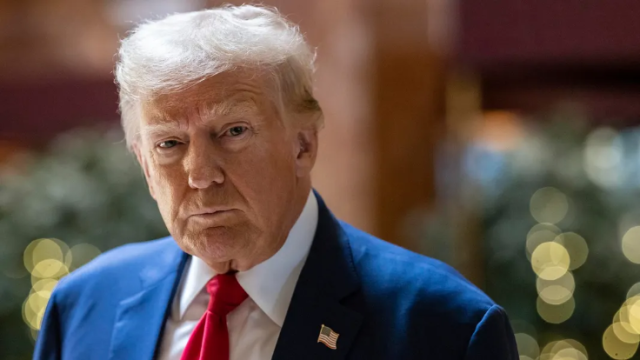UNITED STATES — A New York judge has ruled Donald Trump’s hush money conviction as valid, rejecting the president-elect’s argument that it should be dismissed on immunity ruling from the US Supreme Court.
Recall that in July, the Supreme Court ruled that presidents have broad immunity from criminal prosecution for “official actions” they take while in office.
But on Monday, Manhattan Judge Juan Merchan who presided over Trump’s trial this past spring sided with prosecutors, saying the convictions on 34 felony counts centred on “unofficial conduct.”
The decision preserves Trump’s historic conviction which, if upheld, would make Trump the first felon to serve in the White House.
In his 41-page ruling, Justice Merchan pushed back on Trump’s argument that the government’s case relied on evidence related to his official work as president, which would be covered by immunity.
The evidence shown at trial pertained “entirely to unofficial conduct,” he wrote. The judge noted that in its own ruling the Supreme Court had found that “not everything the president does is official,” even if done from the Oval Office.
In a statement to US media, Trump spokesman Steven Cheung criticised the ruling, calling it “a direct violation of the Supreme Court’s decision on immunity.”
“This lawless case should have never been brought, and the Constitution demands that it be immediately dismissed,”Mr Cheung said.
In May, a New York jury found Trump guilty of falsifying business records.
The conviction stemmed from Trump’s attempt to cover up reimbursements to his ex-lawyer, Michael Cohen, who in 2016 paid off an adult film star to remain silent about an alleged sexual encounter with Trump.
Trump has however debunk the claims and denied all wrongdoing.
In the days since, Trump filed another motion to dismiss the case, arguing that his forthcoming return to the White House required the case to be tossed.
Now, following Justice Merchan’s ruling, Trump’s team is almost certain to seek further delays and appeals.
The judge is still yet to decide whether to issue a sentence before Trump assumes office in January, after his term ends in 2029 or not at all.




















